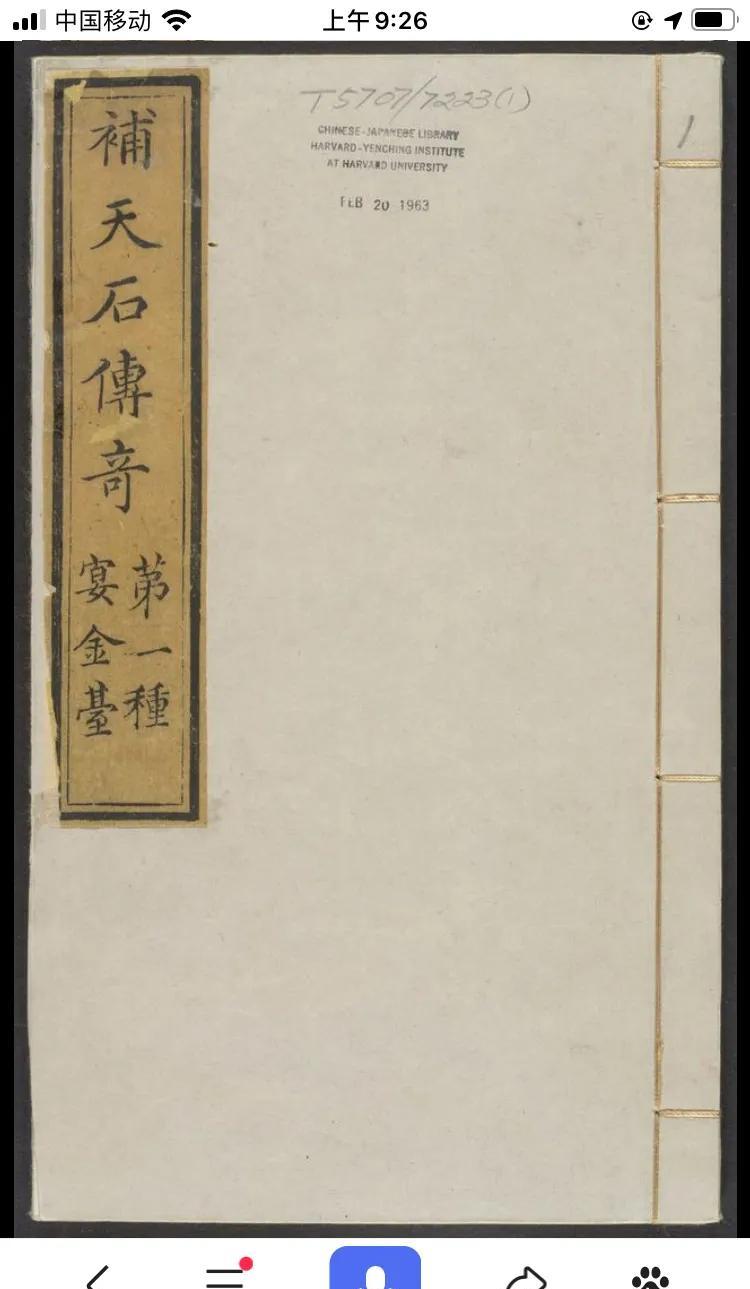
To a certain extent, the theory of the people contains the core of the people's nature, and on the people's nature, Zhang Geng and Guo Hanchen once said: The people's nature of literature and art refers to the spiritual connection between art and the people. Lenin profoundly pointed out this connection in Zetkin's speech. He said that art belongs to the people and serves the people and develops among the people.
Since ancient times, China has been a feudal autocratic country centered on imperial politics, and the vast number of officials constitute the main body of this society, thus forming a "official-based" ideology and affecting the ideology at all levels of society, but feudal thought is not as indestructible as an iron barrel, and many thinkers and politicians in all dynasties have attached importance to the historical role of the people. Ruya Saint Mencius is a typical representative of the people-oriented thinking, he pointed out: "The people are precious, the society is secondary, and the king is light." Therefore, it is because of the people of Qiu and the Son of Heaven, the son of heaven as the princes, and the princes as the doctors. The princes are in danger of social welfare, and they are changed. Sacrifice is complete, prosperity is clean, sacrifice is timely, but drought and water overflow, then change the community. (Mencius, Under the Heart) The people are the most important, followed by the gods of the earth and ceres, and the status of the monarch is lighter. This passage pointed out that the monarch was set up for the people, the princes and societies were changeable, and only the people could survive and could not be shaken, which was strongly opposed by Zhu Yuanzhang, the ming emperor, and deleted the relevant content in the book of Mencius.
Mencius's words are completely based on the Confucian doctrine of benevolence and righteousness to talk about the problems existing in national governance. To become the Son of Heaven, you must get the support of the people; becoming a prince and a doctor also needs corresponding conditions, otherwise you can "change", even the god of the earth valley is no exception. This is clearly an impossible "rhapsody". This was not only possible in the days when Mencius lived, but even in more distant antiquities. In this view, Mencius only theoretically pointed out the position of the people in the state. As a generation of great Confucians, Mencius dared to express original ideas, and more members of the "scholar" class could only be reduced to a wall grass without a soul and a soul in the face of power and tyranny. Even if they have a kind heart of love for the people, they will not be able to save the people from water and fire.
At the end of the Ming Dynasty and the beginning of the Qing Dynasty, with the emergence of factors such as the fierce class struggle and new production relations, the ancient people-oriented thinking was further developed, and progressive thinkers represented by Huang Zongxi, Gu Yanwu, Wang Fuzhi, and so on appeared, who profoundly exposed and criticized the absolute dictatorship of the monarchy, and put forward important ideas such as "the world is just," "taking the right and wrong of the world as right and wrong," and "the rise and fall of the world, and the responsibility of the puppeteers," which became the enlightenment of early democratic thought. Taking Huang Zongxi as an example, he can be described as the culmination of Chinese people-oriented thought, and Jin Yaoji once said:
When he deduced from the concept of "the world is the mainstay and the king is the guest," he affirmed that the people are the main body of politics, and approaching the idea of "sovereignty in the people" in modern Western times cannot but be said to be an extremely wonderful page in Chinese political philosophy.
As a middle- and lower-class intellectual in the middle and late Qing Dynasty, as a landlord class official who worked hard to enter the lower class on the way to the shi, Zhou Leqing, like a literati writer since the middle of the Ming Dynasty, expressed the strong emotional nature of the subject, and Zhou Leqing overturned the case for the historical "resentment", which is emotionally similar to Xu Wei's creation of "Four Voices of apes". As it is said in the Compilation of Songs and Sayings of Past Dynasties: "A few words glimpse the subtle purpose of the establishment." According to Mi Zhengping as the drum history and scolding Cao Cao, are two things, now and one, and do yin si illusion, it is Wen Chang who borrows a scolding behind Zheng Ping to exert his depressed and uneven qi, and the preamble is called 'Yuyang Yi qi, spring road is difficult to ash' ear." Xu Wei's creation of "Female Champion" has a lot to do with his own life. "Wei thinks that he is not the first to grow up, so for this drama, those who ridicule the world are like women and women, and they are not important enough."